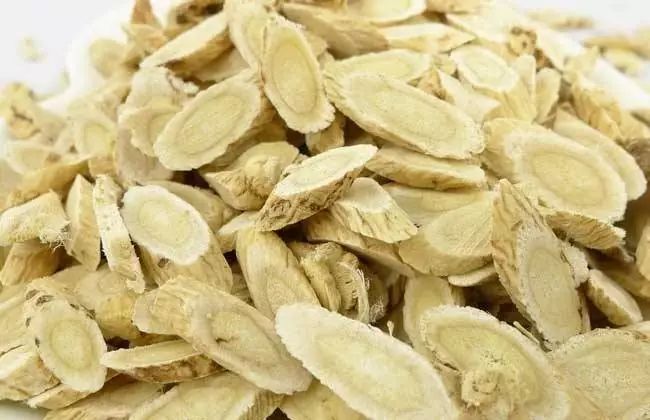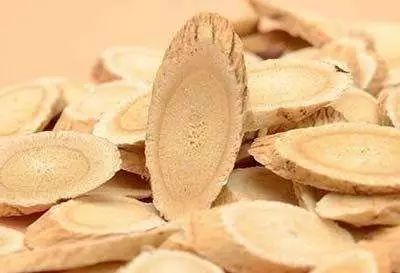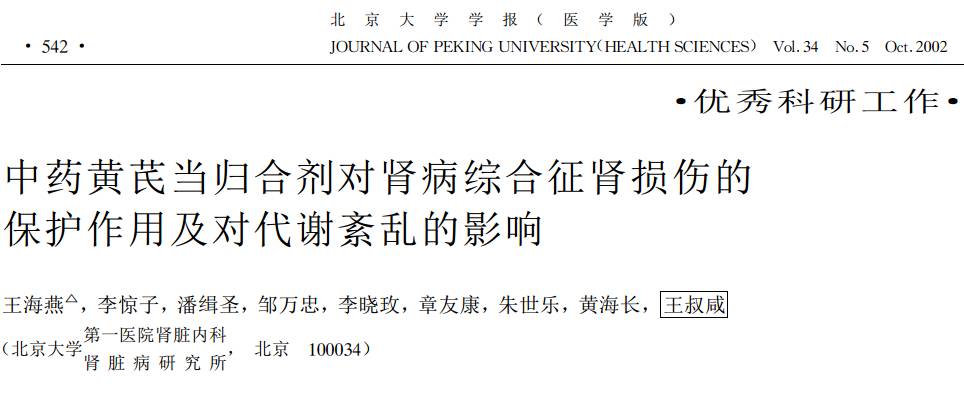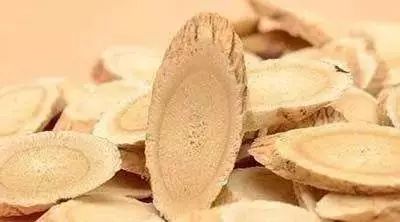Astragalus (Huang Qi) is one of the most researched herbs in the treatment of kidney disease using traditional Chinese medicine.

Among kidney disease patients, it is widely believed that “legend has it” that Astragalus can promote diuresis, reduce proteinuria, and enhance immunity. Are these claims substantiated? Is it truly beneficial for kidney friends?
Today, this article from the Kidney Online will clarify these questions for everyone. But before we begin, let’s discuss some essential background information that kidney friends must know.
1
International Community’s Opposition to Herbal Medicine for Kidney Disease
If you are abroad, it is likely that a reputable nephrologist will strongly oppose your use of herbal medicine.

Why is this the case?
Nephrologists rely on the most authoritative treatment guidelines—KDIGO guidelines, which clearly state:
Herbal medicine is not recommended for patients with chronic kidney disease, and the recommendation level is quite high.

Don’t rush; let’s slowly discuss why there is such strong opposition.
We all know that the kidneys are the primary metabolic organs in our body, and most substances that enter the body must eventually be excreted through the kidneys. Therefore, once toxic substances enter the body, the kidneys are the first to suffer.
Especially for patients with existing kidney disease, they are more susceptible to nephrotoxic substances than the average person.
Thus, a widely accepted principle among nephrologists is that if you want to protect your kidneys, the first basic rule kidney friends must follow is: Do not create trouble for your kidneys! Do not expose your kidneys to toxic and harmful substances.
Some herbal medicines can cause kidney toxicity, which is a concern shared both domestically and internationally.
One of the most notorious incidents in the international community occurred in 1991, when the “herbal medicine-induced kidney damage” incident first emerged in Belgium. Investigations revealed that herbal medicines containing aristolochic acid led to a significant number of people developing uremia. This caused the international community to be fearful, shocked, and disappointed with “herbal medicine,” which contradicted the traditional view that “herbal medicine is natural and has minimal toxic side effects.”
Of course, it is not just international colleagues; many leading nephrologists in our country are also very concerned about the safety of herbal medicine.
For example, Professor Chen Yipu, a prominent figure in nephrology, has repeatedly called for attention to the issue of kidney damage caused by herbal medicine.

We patients also know that almost all proprietary Chinese medicines list in the side effects section: not clearly defined.

The components of herbal medicine are complex. In addition to the already known nephrotoxic aristolochic acid, there are many other medicines for which there is currently insufficient evidence to demonstrate their safety.
In this context, for the safety of our kidney friends, it is understandable that the guidelines do not permit the use of herbal medicine.
2
What about Astragalus? Is it safe? Is it effective?
Having understood the background above, kidney friends should not assume, like the average onlookers, that only Western medicine has side effects while herbal medicine has few or none.
Because we kidney friends need to be more knowledgeable than the average onlookers; after all, this is our “only two” kidneys, and we cannot be careless!
So, what about Astragalus? Is it safe?

In the earliest medical classic in our country, the Shennong Bencao Jing, Astragalus is classified as a superior herb. Other traditional Chinese medicine texts generally describe Astragalus as having a neutral nature, a sweet taste, and non-toxic properties. It is light in aroma and rich in flavor, capable of both ascending and descending, and is considered the “yang among yangs.”
According to the records in traditional Chinese medicine texts, Astragalus is non-toxic.
What about modern research?
Currently, there are no reported studies on the nephrotoxicity of Astragalus.
Regarding the efficacy of Astragalus, Professor Wang Haiyan and her team from the Department of Nephrology at Peking University First Hospital have conducted numerous foundational studies on Astragalus. They believe that Astragalus can alleviate the deterioration of kidney function and histological damage, providing a certain protective effect on kidney function. Astragalus has a positive effect on diuresis and reducing proteinuria in patients.


As for the ability of Astragalus to improve the immune status of patients, there are some studies abroad. However, these studies mainly focus on cancer patients and those with allergic diseases.
These studies suggest that Astragalus may help cancer patients and those with allergic diseases (such as asthma and rhinitis) enhance their resistance to disease and control related symptoms.


However, regrettably, most of the studies mentioned above are based on animal experiments or small-sample human trials, lacking further convincing large-scale clinical trials.
Of course, we are very much looking forward to our herbal medicine being able to showcase its positive aspects and provide more robust and beneficial clinical evidence for patients.
Conclusion
In summary, Astragalus should be safe and may have clinical efficacy for kidney disease patients. If you wish to use Astragalus, the best approach is to consult an experienced traditional Chinese medicine doctor.
You may be interested in the following articles, click the blue text below to read↓↓:
The Most Comprehensive List of Herbal Medicines Causing Kidney Damage



